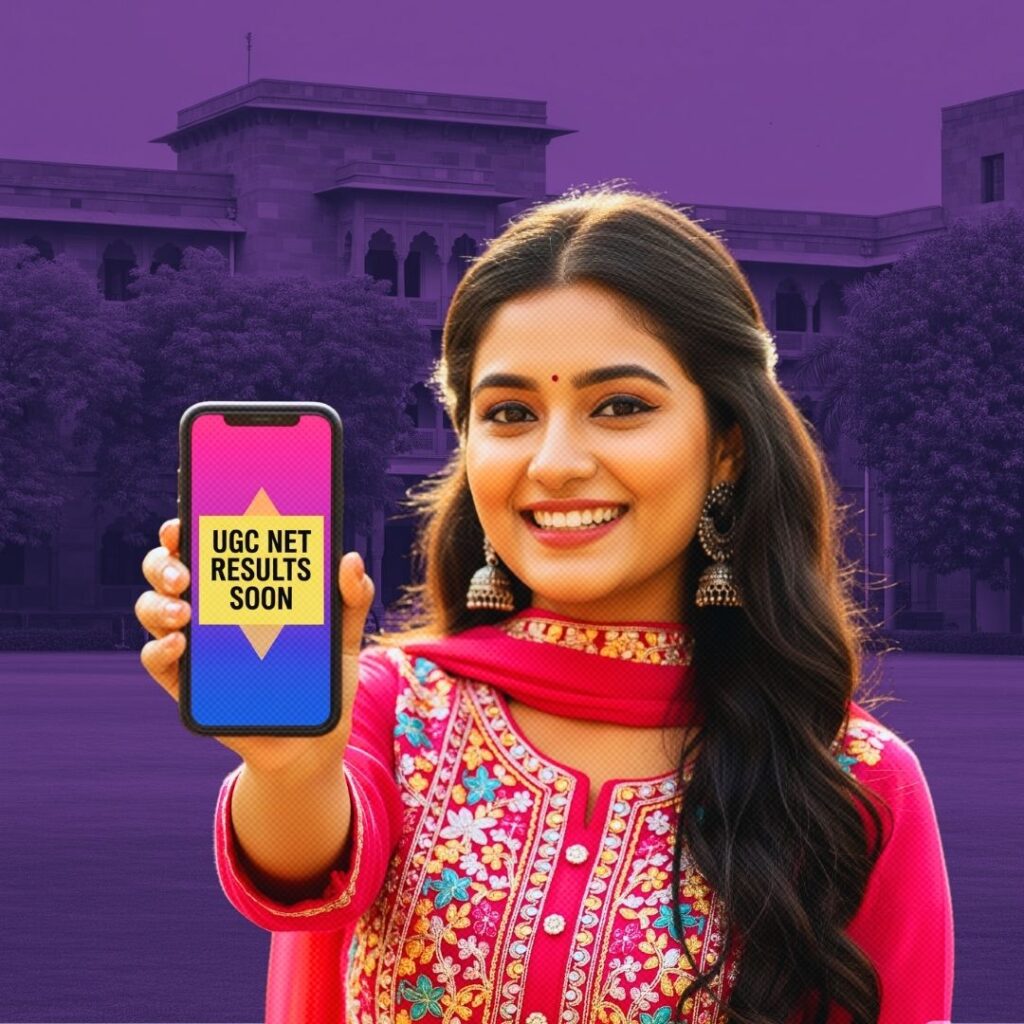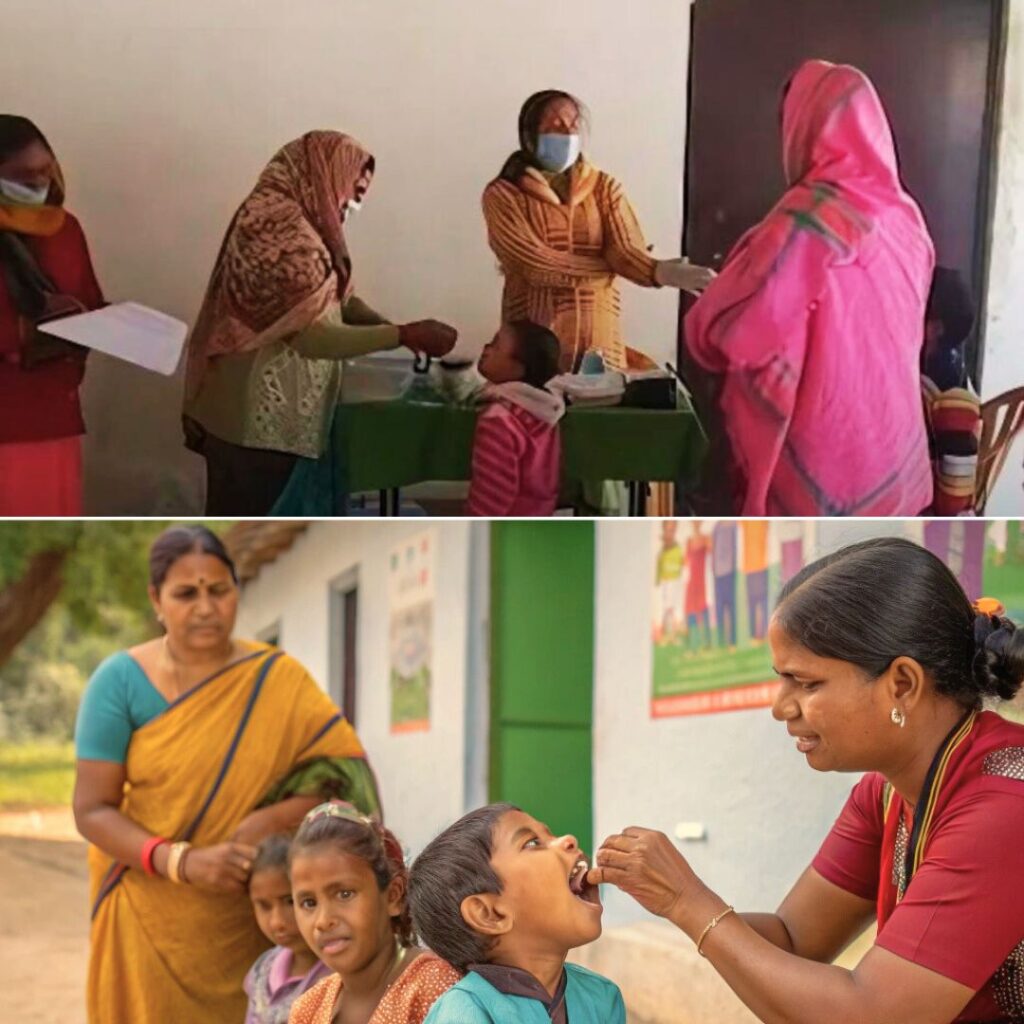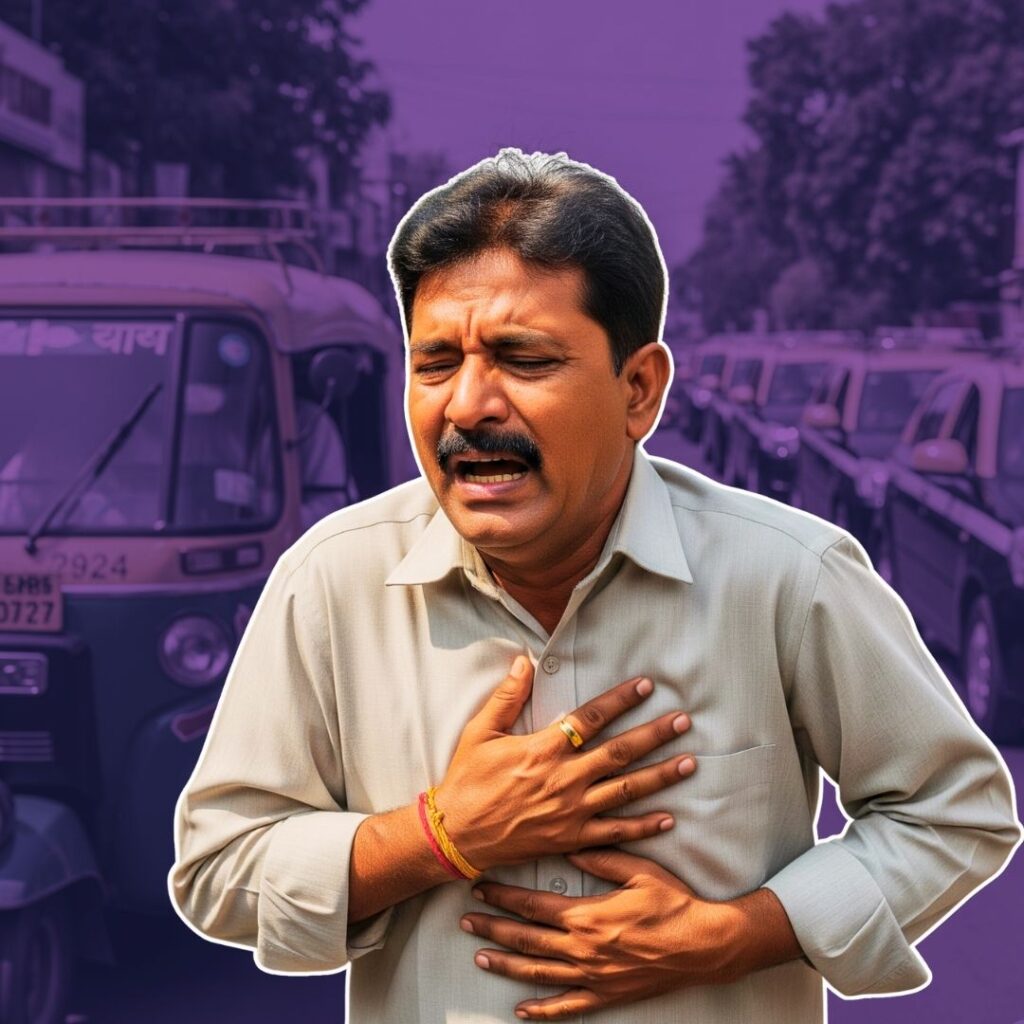Much of the problem of waste lies in our attitudes and behaviour towards it. The economic reforms and liberalisation of the 90s kickstarted India’s transformation into a consumerist society. Our consumption patterns changed, but our education system and waste management infrastructure did not, and when new forms of waste are thrust upon primitive systems, comes the burgeoning problem of garbage, the likes of which we’re facing today.
Participating in tsunami relief work in rural coastal Tamil Nadu in 2004, what Chandrah Nusselein saw was that neglect of proper waste management education and infrastructure compounded the health problems among affected communities. She was convinced that the solution to the problem of garbage lay in large scale behaviour change through education and citizen empowerment.
Back in her hometown, Auroville, she began studying its waste management systems and set about changing the way the community produced and managed its waste. In 2009, with her brother Ribhu Vohra, she organised the Litter Free Auroville campaign. 2000 residents joined a massive clean-up and students of 17 local schools received waste education material.
The response to the campaign was overwhelming. “Many of the participating schools returned, asking for educational materials on waste management”, she says. It was seen that after just one educational campaign on waste, students were not just adopting the newly learned behaviour themselves but were also attempting to change the consumption and waste disposal behaviour of their families.
Giving serious thought to the creation of educational materials that schools could seamlessly integrate into their curriculum, Ribhu and Chandrah formed WasteLess in 2011. The Auroville-based non-profit social enterprise researches, develops and tests educational materials and games for school children about waste. These tools empower students to make long-term changes in their consumption habits, and in their attitudes and behaviour regarding waste creation and disposal.
In 2012, WasteLess’s premier offering ‘Garbology 101’ – 101 innovative games and activities for waste education – was born. Today, Garbology 101 is being used by close to 50,000 students in 50 schools across India to understand the problem of waste and the solutions to address it.
On Earth Day 2017, the team introduced Garbology Lite – a reinterpretation of Garbology in a new, interactive form that’s easy to access online. Garbology Lite comprises 9 activity capsules aimed at familiarising students across age groups with sustainable consumption and responsible waste management. The first activity in the series, ‘Introduction to Solid Waste’, for instance, gets students aged 6-15 years to understand the source, destination and impacts of waste. Students compare the waste generated by different countries and analyse how consumption patterns are linked to the type and volume of waste generated. The activity introduces them to positive waste behaviour and responsible waste disposal systems.
Other activities in the series blend the fun of a relay race with the importance and knowledge of waste separation at source, the history of different packaging materials and how they impact our ecosystems, the lifetimes of different waste types after final disposal, and the different types of waste management methods.
This is a picture of both Kaya and Maya pilot testing this activity in the 5th grade class in Transition School in Auroville.
‘Our activities are designed for children aged 6-15 because that’s when they are most interested in environmental protection, have the greatest pester power at home, have the most curricular flexibility and have not yet established their behavioral patterns. Because they stand to inherit the mess we are making today, they need to have the tools to clean it up”, Ribhu says.
The content for Garbology Lite was developed after extensive research and observation of student and teacher behaviour in schools in and around Auroville as well as feedback from our partner schools across the country. He explains, “The activities are designed to be relevant in different types of schools. We observed how teachers taught particular concepts, how children made sense of what was happening in the classroom, and how they responded to it.”
Each bite-sized activity is developed to be fun, educational and easy to integrate into school curriculum so that responsible waste behaviour is cultivated from a young age. They require children’s active involvement in understanding the problem and then analysing and solving it. For example, in the activity ‘How Long Does Trash Last’, students first examine what happens to waste in landfills and open dumps. They then put their learning to the test by competing with each other to figure out how long different items take to break down.
“Besides the obvious learning that students get about reducing their waste and managing it better, they can also pick …











